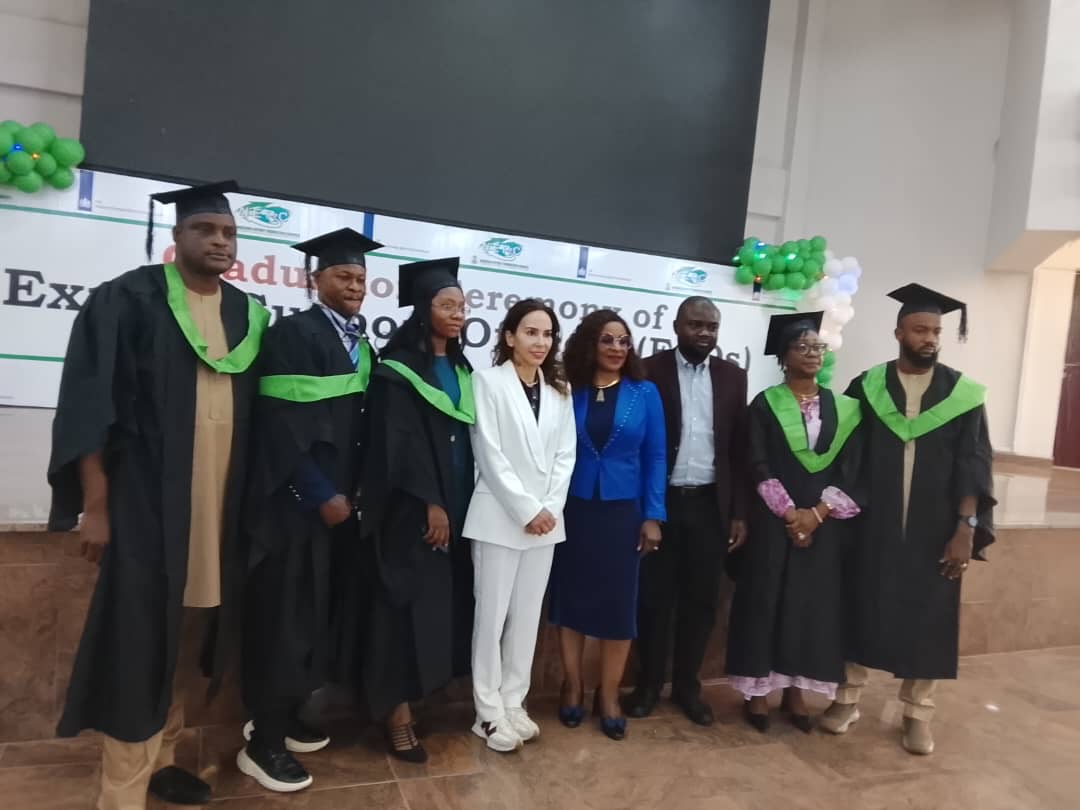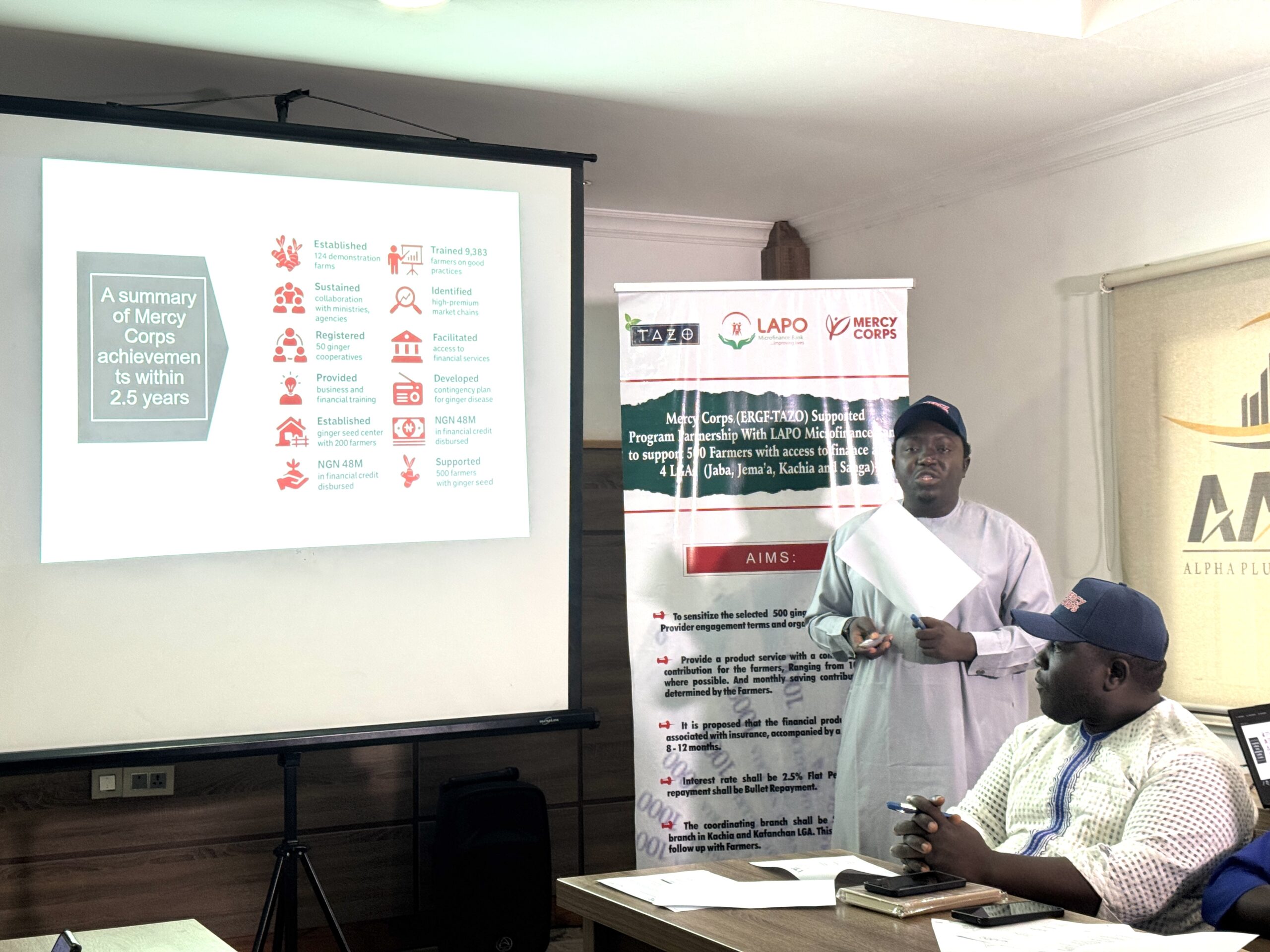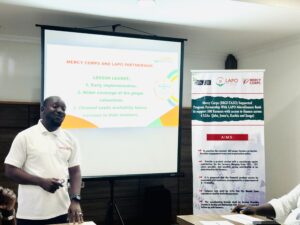NEPC graduates 7 officers on ginger sustainability project
By Vivian Emoni
The Nigerian Export Promotion Council (NEPC) has graduated seven of its staff trained under the Nigeria Ginger Sustainability Project (2021–2025).
It is aimed at strengthening resilience and competitiveness in the country’s ginger industry.
Dr Nonye Ayeni, Executive Director/Chief Executive Officer, NEPC, stated this on Wednesday in Abuja at the inauguration and graduation ceremony of Export Support Officers/Product Specialists (ESOs).
She said the programme was implemented by NEPC in collaboration with the Centre for the Promotion of Imports (CPI) from developing countries.
Ayeni explained that the project was launched in 2021 to establish a sustainable ginger industry capable of meeting international standards.
“This vision was driven by the understanding that Nigerian ginger is not just a commodity; it is a global product with unmatched flavour, pungency and medicinal properties, capable of competing in the most demanding markets.
“The project was structured to build the capacity of our ginger companies to consistently meet the requirements of the European Union and other international markets, and to strengthen the role of Export Support Officers as specialised advisers within the value chain,” she said.
She said 17 ginger companies and 10 ESOs were initially selected, out of which 14 companies and seven officers successfully completed the three-year programme.
According to her, the training combined theory and practice, delivered through lectures, workshops, assignments and field sessions.
Ayeni noted that the ESOs had become sectoral experts in ginger and would henceforth provide targeted technical, managerial and export-promotion guidance to ginger companies.
She added that the project facilitated international exposure for participants, including a Market Orientation Mission to the Netherlands and France in 2022, and preparations for the Food Ingredients Fair scheduled for Paris later in 2025.
“These initiatives not only opened new opportunities for exporters but also showcased Nigerian ginger as a premium product on the global stage,” she said.
The NEPC boss explained that the project also resulted in contract signings by Nigerian companies and would be sustained by the council going forward.
She said the curriculum used for ESOs would be adapted for other product sectors to drive export diversification under the Export 35 Redefined Initiative.
“This graduation is not the end of the journey, but the beginning of a new chapter.
“Our ESOs are now equipped to provide professional guidance that will help ginger exporters maintain quality, expand market share and secure long-term partnerships,” she added.
She commended CBI for its support and praised NEPC staff and the ESOs for their dedication to the project.
In his remarks, Mr Lawal Dalhat, Director, Policy and Strategy Department, NEPC, said the project was designed to build the capacity of Nigerian ginger companies to consistently meet international demand while strengthening institutional support systems for SMEs.
One of the graduands, Mr Adekunle Obatimehim, said the training underscored the importance of developing a holistic value chain from farm to export to achieve sustainable trade equity.
(NAN)
Edited by Jane-Frances Oraka





 Also speaking, Mr John Ogbebor, Agriculture Business Manager, LAPO Microfinance Bank, said lack of access to credit remained a major barrier for Nigerian farmers.
Also speaking, Mr John Ogbebor, Agriculture Business Manager, LAPO Microfinance Bank, said lack of access to credit remained a major barrier for Nigerian farmers.
